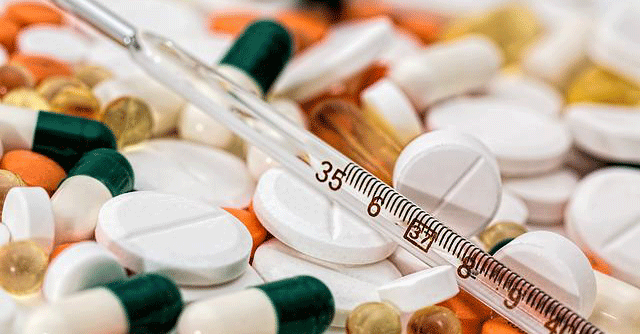
To check counterfeiting, now drugs and medicines to have QR codes


The Union Health Ministry has called for compulsory QR code on the packaging of 300 lifesaving drugs and medicine such as Allegra, Augmentin, Shelcal, Azythral, Calpol, Dolo, Fabiflu, Meftal Spas, Montair, and Pan D among others.
The plan to be implemented in a phase wise manner from May 2023 is to prevent the supply of counterfeit and spurious drugs, with the first phase targeting high end drugs from top brands having 35%of the total market share.
“At present, the QR code is not mandatory. Some companies are putting on voluntary basis. The QR code will authenticate whether a drug is an original or a spurious one and will carry details about the company, manufacturer, date of expiry, and brand details among others. In the first phase, government has targeted around 300 lifesaving drugs having 35% of total market value from major pharma brands. These drugs are at the major risk of being counterfeit,” an official aware of the matter requesting anonymity told Mint.

The government issued a gazette notification on Thursday and sought comments within 30 days from stakeholders such as industry people, consumers association, Indian Drugs Medical Association (IDMA) and medical professionals (doctors, nurses) who are directly and indirectly linked with medicines.
The notification stated that the manufacturers of drug formulation products as specified in the Schedule H2 shall print or affix Bar Code or Quick Response Code on its primary packaging label or, in case of inadequate space in primary package label, on the secondary package label that store data or information legible with software application to facilitate authentication.
“The stored data or information shall include the following particulars, namely: — (i) unique product identification code, (ii) proper and generic name of the drug, (iii) brand name, (iv) name and address of the manufacturer, (v) batch number, (vi) date of manufacturing, (vii) date of expiry, manufacturing licence number,” stated the notification reviewed by Mint.

In the absence of any regulation, at present, those pharma brands are putting QR code but there is no uniformity. When Mint scanned some of the drugs with QR code, some of them opened the web link of the company while some drugs showed PDF with information of the drug during scanning.
Experts said that the most important aspect of adding the QR code as it will help in maintaining quality of the medicines thereby focusing on patient health and safety.
“The government has shortlisted the top 300 brands of drugs which will have to put QR codes to their packages, enable tracking and ensure authenticity. With this change, it will be easy to identify genuine medicines from the counterfeit ones since the QR code will contain many details like the manufacturer and batch number, expiry etc. The issue of counterfeit medicines or forge selling is one that worries companies immensely. And QR Codes will significantly help in curbing this issue. It is a much-needed move and will help in driving and maintaining the quality of the medicines thereby acutely focusing on patient health and safety.” Sanjeev Jain, co-founder & director of Akums pharmaceuticals.

This move will help medicine manufacturers to source and get good quality APIs, and ultimately increase the quality of medicines in India and hence the patient health, Jain added.
It may be noted that the Central government initiated this proposal in 2018 and however, union health ministry took four years to bring this legislation. The Central is now going to amend the Drugs & Cosmetics rule 1940 and creating enabling environment to implement this in May 2023.
Queries emailed to health ministry did not respond till the time of publication.

